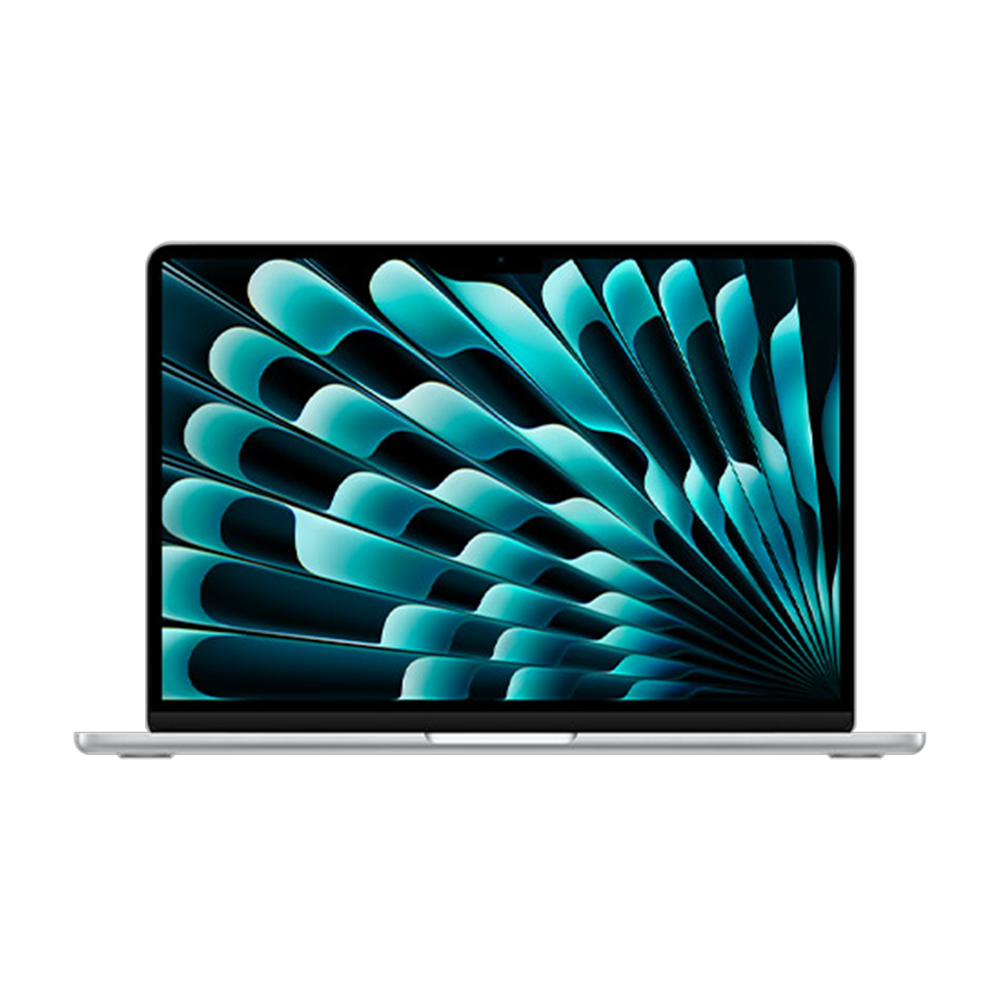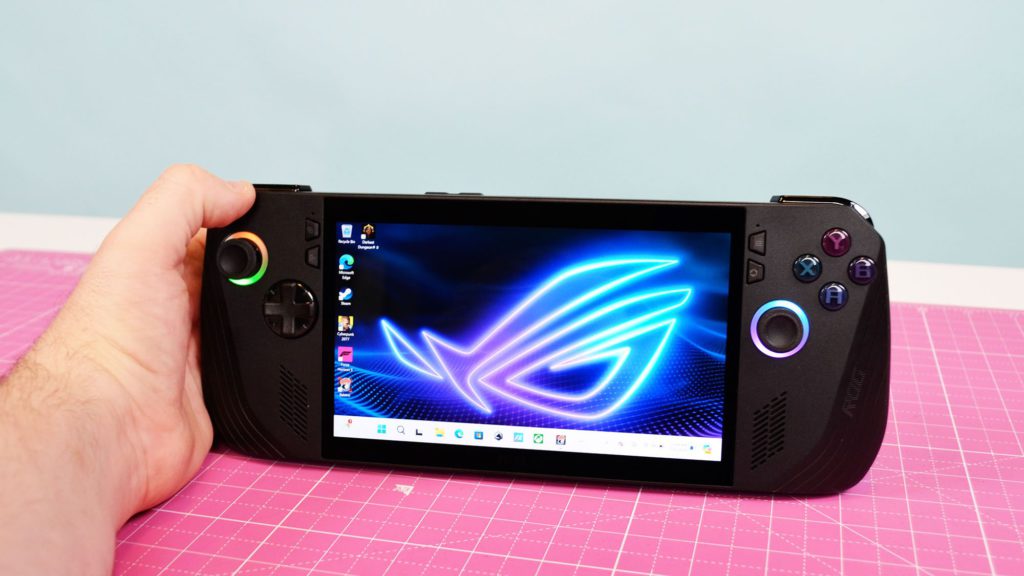- Windows 11’s November update fixes a fair few bugs
- The glitch with Task Manager that was eating resources by keeping multiple instances of the app open has been cured
- Microsoft has also fixed a problem with sleep mode which meant it failed to preserve battery life with Windows 11 gaming handhelds
Windows 11’s latest patch offers a number of bug fixes, including some important ones when it comes to the performance of the OS and gaming handhelds.
This is the November patch for Windows 11, which Microsoft just releasedand it’s well worth installing pronto if you grabbed the October preview update (released late last month).
That’s because this preview release (which was the optional beta version of this current update) introduced a problem with Task Manager. This meant that instances of Task Manager were remaining open after the user closed them, leading to a situation where there could conceivably be lots of Task Managers running simultaneously (which can happen if it was opened multiple times while trying to troubleshoot a problem).
All those background processes add up to a resource drain, naturally, but the November patch carries the remedy for this issue.
Microsoft informs us: “This update addresses an issue where closing Task Manager with the Close button didn’t fully end the process, leaving background instances that could slow performance over time. This might occur after installing KB5067036 [the October preview update].”
There are goodies for handhelds running Windows 11 too, as the November update fixes a problem with battery drain when these portables are in sleep mode.
Microsoft explains: “This update addresses an issue that affects gaming handheld devices. These devices were unable to stay in low-power states, which caused faster battery drain.”
Another bug that’s been fixed is an issue whereby your handheld’s on-screen keyboard might not work in apps straight away after you sign in; there’s a delay of five seconds or so before the keyboard is usable.
Analysis: an unfortunate trend of oddities

There have long been complaints about sleep mode in Windows 11 more broadly, but evidently there’s an issue with the power-sipping mode going awry that pertains to handhelds in particular. And with battery life being such a precious commodity for any portable device, it’s good to see this fixed.
It’s also nice to have the full solution for the Task Manager bug, rather than the workarounds that you had to use previously. This glitch wouldn’t have affected many people, because not everyone installs Microsoft’s optional updates. Some folks do though, and if you did grab October’s preview release, and your PC has been running mysteriously slowly, this might be the reason – so get hold of the November update if you haven’t already.
At least the solution for that performance-related hiccup came through swiftly, but it’s illustrative of some wider concerns about Windows 11: namely that more flakiness seems to be creeping in with the fundamentals of the operating system. You’ve got to wonder, how on earth does a problem like Task Manager not actually closing when you shut it even happen?
It’s very odd, and while it’s possible for some strange bugs to creep in with a sprawling piece of software like an operating system, it seems like far too much of this has been going on since the release of Windows 11 24H2 last year.
My personal theory is that because 24H2 introduced a new underlying engine for Windows 11 (called Germanium, and needed for Arm-based Copilot+ PCs), this ushered in quite a lot of weirdness and unpredictability in the depths of the OS. Reliability and generality stability have seemed rockier ever since 24H2 came out, and while bugs are less prevalent now we’ve moved on to 25H2, odd stuff is still happening, as we see here.
Furthermore, Microsoft still needs to fix some fundamental parts of the OS that aren’t performing as well as they should, such as elements of File Explorer, the basic interface with which you interact with files and folders on the desktop. The company has admitted work needs to be done to improve performance levels, and while progress is being made in some respects, it feels like a painfully slow slog at times – especially when you remember that these kind of woes were a problem right when Windows 11 first arrived. It’s all too easy to feel that not much has changed in four years, then.
Follow TechRadar on Google News and add us as a preferred source to get our expert news, reviews, and opinion in your feeds. Make sure to click the Follow button!
And of course you can also Follow TechRadar on TikTok for news, reviews, unboxings in video form, and get regular updates from us on WhatsApp too.

The best laptops for all budgets


